All Photos(1)
About This Item
Empirical Formula (Hill Notation):
C14H9BrMg
CAS Number:
Molecular Weight:
281.43
MDL number:
UNSPSC Code:
12352103
PubChem Substance ID:
NACRES:
NA.22
Recommended Products
reaction suitability
reaction type: Grignard Reaction
Quality Level
concentration
0.5 M in THF
bp
65 °C (lit.)
density
0.970 g/mL at 25 °C (lit.)
storage temp.
2-8°C
SMILES string
Br[Mg]c1cc2ccccc2c3ccccc13
InChI
1S/C14H9.BrH.Mg/c1-3-7-13-11(5-1)9-10-12-6-2-4-8-14(12)13;;/h1-9H;1H;/q;;+1/p-1
InChI key
ACMUZKQPXSHTGB-UHFFFAOYSA-M
General description
9-phenanthrylmagnesium bromide is a Grignard reagent. It can be prepared using magnesium turnings and 9-bromophenanthrene under anhydrous condition.
Application
9-Phenanthrylmagnesium bromide can be used as a reagent to prepare:
- 9-alkyl and 9-arylthiophenanthrenes by reacting with alkyl or aryl thiol compounds.
- (S)-α-methylbenzyl 1-(9-phenanthryl)-2-naphthoate by treating with (S)- α -methylbenzyl methoxy-2-naphthoate.
- 1-(9-Phenanthryl)-1-phenylethanol (carbinol) by reacting with acetophenone. The obtained carbinol undergoes dehydration reaction in the presence of acetic acid and sulfuric acid to afford 1-(9-phenanthryl)-1-phenylethene (PPE).
Legal Information
Product of Rieke Metals, Inc.
Rieke is a registered trademark of Rieke Metals, Inc.
Rieke is a registered trademark of Rieke Metals, Inc.
Signal Word
Danger
Hazard Statements
Precautionary Statements
Hazard Classifications
Acute Tox. 4 Oral - Carc. 2 - Eye Irrit. 2 - Flam. Liq. 2 - STOT SE 3
Target Organs
Respiratory system
Supplementary Hazards
Storage Class Code
3 - Flammable liquids
WGK
WGK 3
Flash Point(F)
Not applicable
Flash Point(C)
Not applicable
Choose from one of the most recent versions:
Already Own This Product?
Find documentation for the products that you have recently purchased in the Document Library.
The use of the DPE radical polymerization method for the synthesis of chromophore-labelled polymers and block copolymers
Kos T, et al.
European Polymer Journal, 41(6), 1265-1271 (2005)
Our team of scientists has experience in all areas of research including Life Science, Material Science, Chemical Synthesis, Chromatography, Analytical and many others.
Contact Technical Service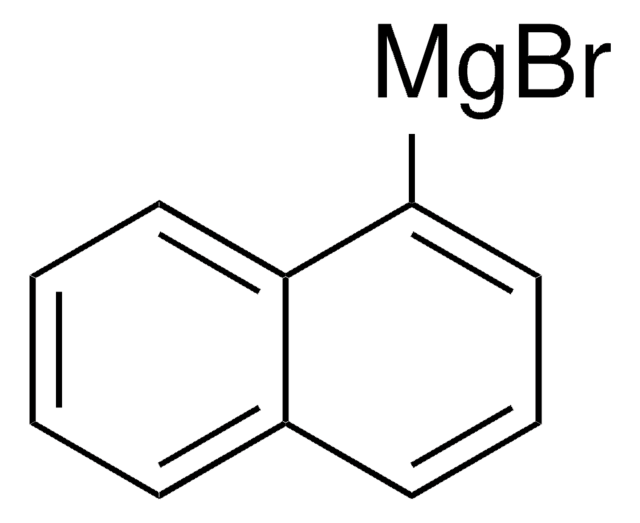

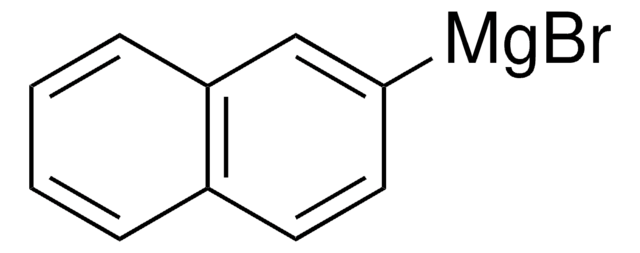

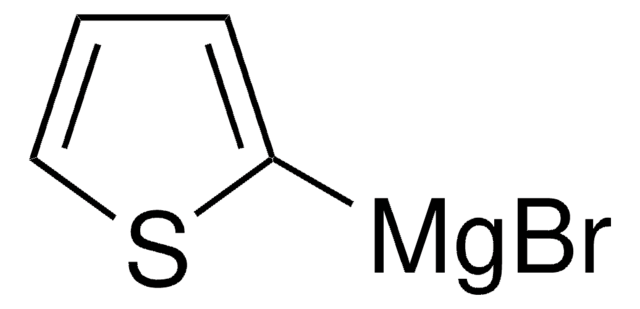

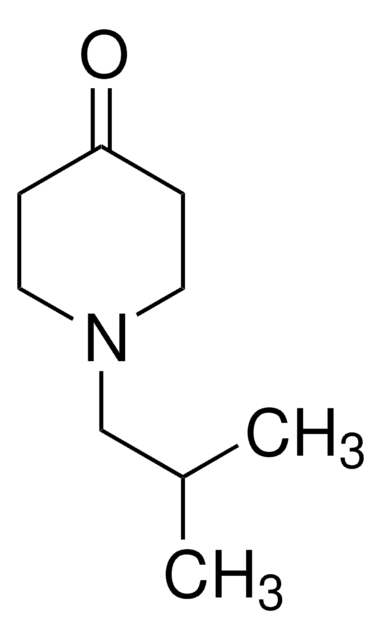
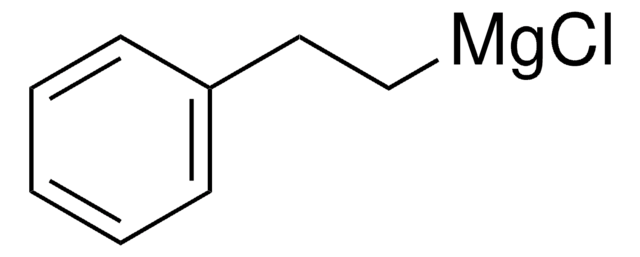
![[4,4′-Bis(1,1-dimethylethyl)-2,2′-bipyridine] nickel (II) dichloride](/deepweb/assets/sigmaaldrich/product/structures/471/091/6faa29b1-bf8a-4d87-90b2-4cc55e082620/640/6faa29b1-bf8a-4d87-90b2-4cc55e082620.png)



